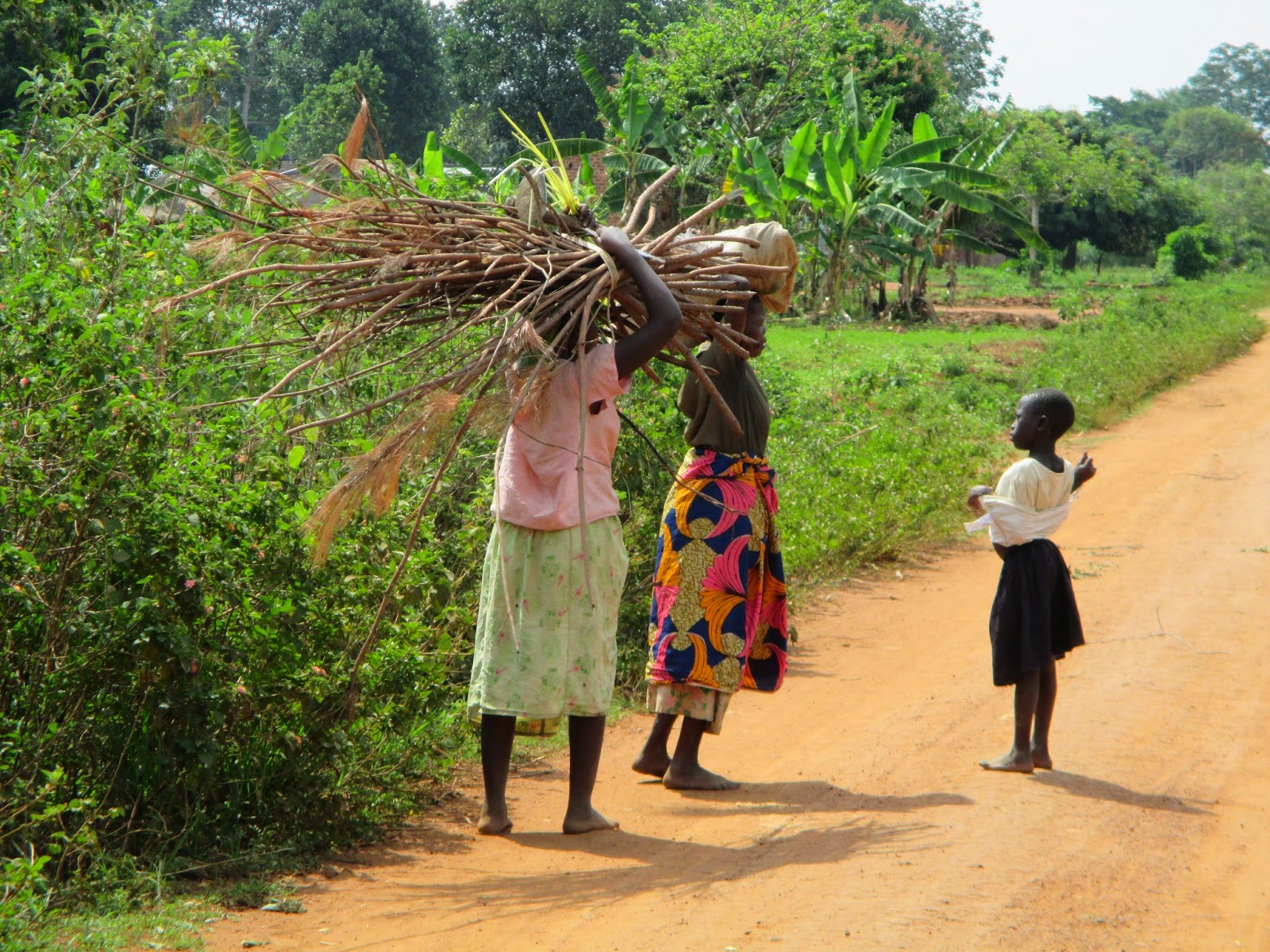She reaches up to take my hand. And for the first time in Uganda, I have to consciously force myself to NOT pull my hand away. We stand together in the slums of Kampala. The alley way is so narrow between the shacks, I have to turn sideways to move. The muddy pathways are littered with used condoms, beer bottle caps, and cigarette butts imbedded in the ground. I step over human waste. Frayed blankets hang in doorways but cannot block out the distinct body odor and the smell of fermenting rot. The CLD team has warned us: "Every child here has some disease and most of the adults are HIV positive."
Despite my desire to cringe at her touch, I squeeze her hand and bend down to look at her. She wears a green and white checked dress. Her right eye drifts slightly inward so that only her left eye focuses on my face. "Wa ani?" I ask her.
What's your name? She answers so quietly I have to ask again.
"Precious," she says a bit louder. And my heart is wrecked.
The pictures I have of this day are as inadequate as my words. The photos are blurry and rushed. Using my camera on this day feels invasive. Finding beauty, joy, and hope proves challenging. So I take pictures quickly, then stash my camera away hoping no one notices.
The poverty of the city slums differs vastly from the poverty of the village. The sights of the slums assault my heart again and again. Smiles are rarer. Men emerge into the sunlight, staggering. They hold plastic bags filled with clear liquid and sip from a straw. One man makes a lewd jesture toward one of our female students, "I'd like to wife her" he says to me. His boldness frightens me.
There are other sights that wreck me. A mother bathes her child in a bucket. When she sees us coming, she ducks into her shack and leaves the child. He cries but stays put.
Children pour from the crumbling buildings. They giggle. They call out, "Hello Muzungu!" (hello white person!) And we feel like pied-pipers as we lead the children to the med clinic.
The med clinic is basic: five stations: hand washing, de-worming pills, bandaid station for small cuts, antifungal station, and tooth brushing.
Izzy, a students from JIS and Carrie, another teacher form JIS, work for three hours straight cleaning open wounds and applying bandaids.
In this steady stream of children, a girl looks at me while I take the above picture. Her stare still haunts me. It is only later, when I'm home and reviewing the pictures that I notice who is sitting next to her.
It is Precious. Do you see her green and white checked dress? Do you see the freshly treated cut on her arm, gleaming with neosporin?
On the way to the CLD van a JIS student asks me for a hug. And even though I'm supposed to be the one comforting (I am the adult, afterall), I fall apart. As I hold the student in an embrace, tears start, and I can't stop. I retreat to the van unable to talk. It is too much. Too much suffering. Too much unfairness. My small contribution on this day - handing out toothbrushes - feels too inadequate.
Later, my friend, Shana, says, "It's okay to cry. It means your heart is soft
and you care. It's when the tears stop that you should worry." "Baby steps," she encourages. Change doesn't happen all at once. It is a culmination of lots of tears and many, many, small steps.
And so I promise myself: I will keep crying. I will keep trying, however small. And no matter how dirty and sick, I will always accept a child's outstretched hand. For that moment, standing in the muddy slums of Kampala, was my most precious of all.


























